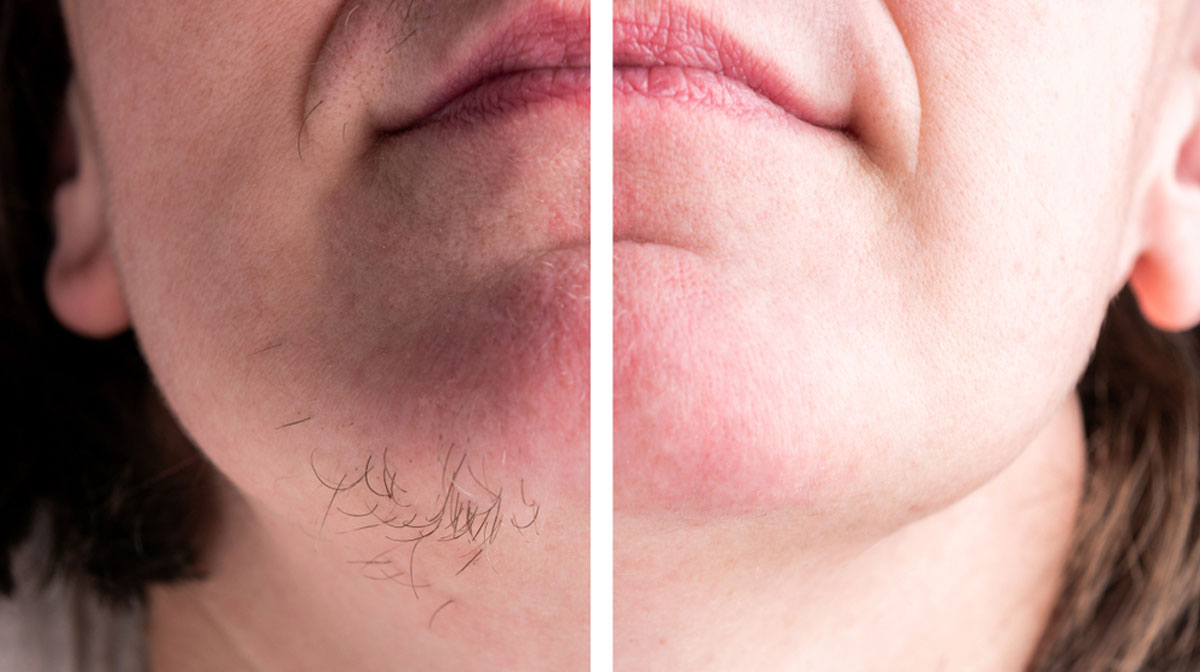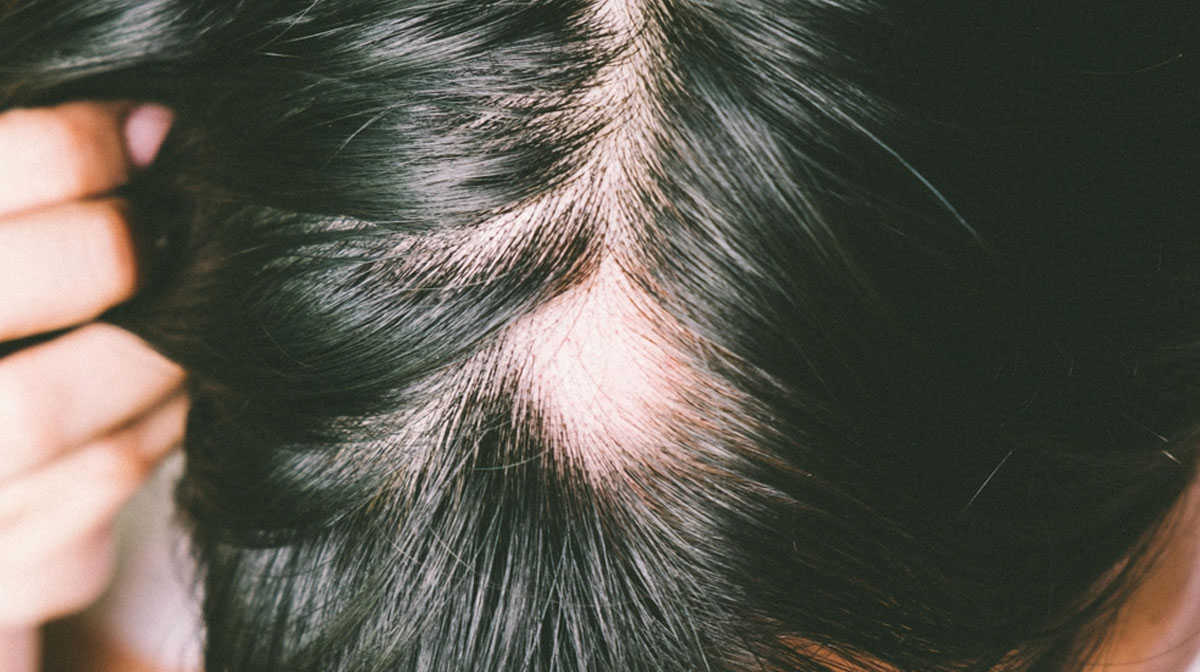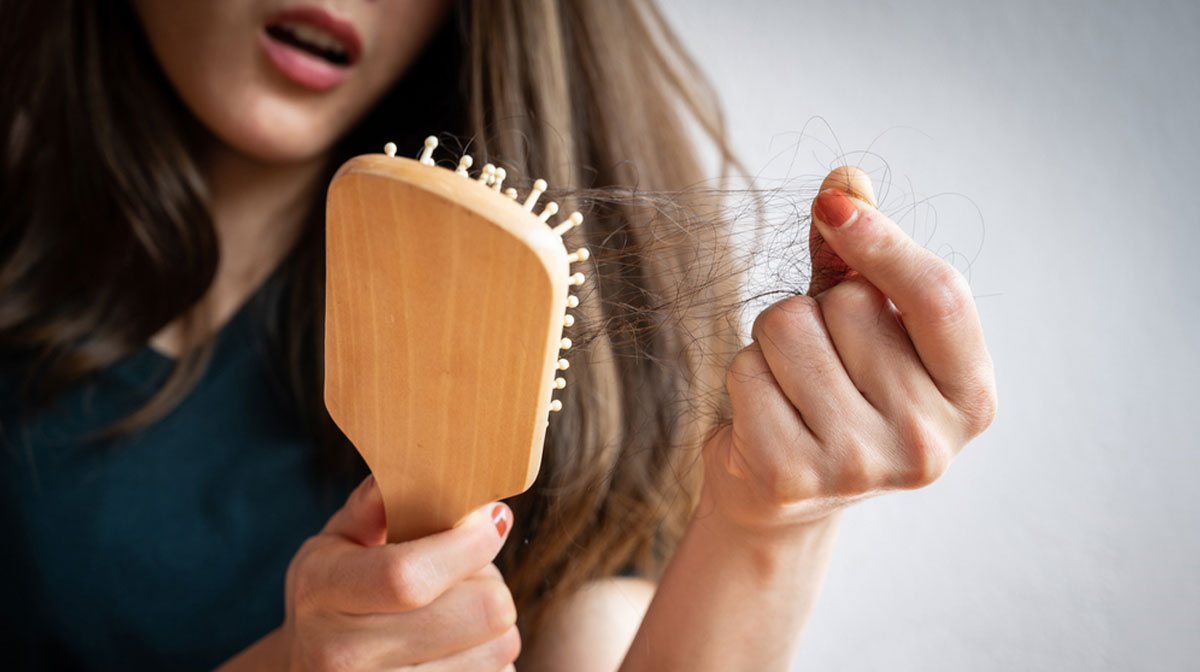- Malad West, Mumbai
- +91-7400188399
- mccmumbaicosmeticcentre@gmail.com
Dandruff Treatment
Dandruff Treatment in Mumbai
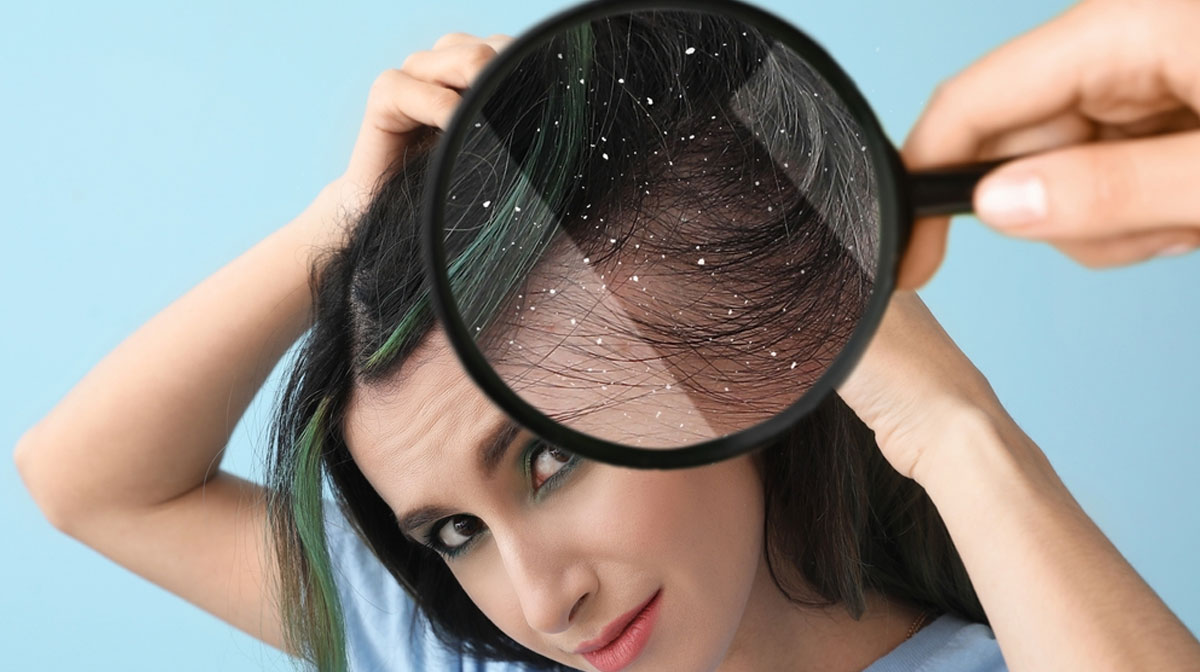
What is Dandruff?
Dandruff is a chronic scalp condition characterized by the falling out of dead skin cells from the scalp. This shedding often presents seen as white or yellowish flakes, and it can be accompanied by itching and irritation.
Mumbai Cosmetic Centre provides treatments for Dandruff in Malad mumbai, addressing scalp concerns for healthier, flake-free hair. Book your consultation now!
Types of Dandruff
Dry Scalp Dandruff:This type of dandruff occurs when the scalp becomes excessively dry, leading to flaking and itchiness.
Oily Scalp Dandruff:Here, dandruff is caused by overproduction of oil on the scalp, which can cause a buildup of dead skin cells and subsequent flaking.
Seborrheic Dermatitis:It is a more severe form of dandruff and it can affect not just the scalp but also other oily areas of the body like the face and chest.
Causes of Dandruff
Fungal Infection:Malassezia, a type of yeast-like fungus that naturally resides on the scalp, can overgrow and cause dandruff in some individuals.
Dry Skin:Insufficient moisture on the scalp can lead to flaking and dandruff formation.
Oily Skin:Excessive oil production can create an environment good for the growth of fungus.
Hormonal Changes:Variations in hormones, such as those occurring during puberty, pregnancy, or due to certain medical conditions, can influence dandruff.
Poor Hygiene:Infrequent washing or improper cleansing of the scalp can contribute to dandruff.
Stress:High-stress levels have been linked to worsening of dandruff symptoms in some people.
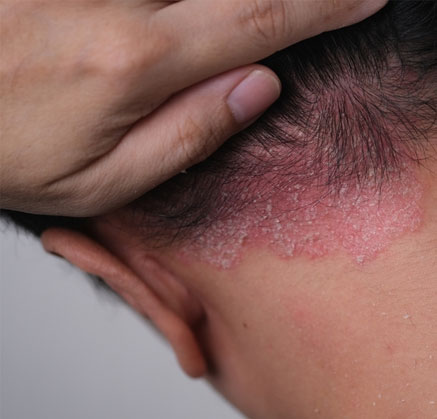
Diagnosis of Dandruff
Diagnosing dandruff typically involves a visual examination of the scalp by a cosmetologist. The presence of white or yellowish flakes, along with itching or redness, is usually indicative of dandruff. In some cases, a scalp biopsy or microscopic examination may be done to rule out other scalp conditions.
Prevention of Dandruff
Regular Hair Washing:Wash your hair regularly with a gentle shampoo to remove excess amount of oil and dead skin cells.
Scalp Care:Use a mild shampoo and conditioner suitable for your scalp type.
Avoid Harsh Hair Products:Avoid using harsh hair products or excessive styling products that can irritate the scalp.
Healthy Diet:Maintain a balanced diet rich in vitamins and minerals, as nutritional deficiencies can contribute to dandruff.
Stress Management:Follow stress-reducing techniques like meditation, yoga, or exercise to manage stress levels.
Top Dandruff Experts in Mumbai
FAQs
1. Can dandruff be cured permanently?
While dandruff can often be managed effectively with proper treatment and care, it may not always be cured permanently. Regular maintenance and adherence to a suitable hair care routine can help control symptoms.
2. Is dandruff contagious?
Dandruff itself is not contagious. It is a scalp condition caused by many factors such as dryness, oiliness, or fungal overgrowth and cannot be passed from person to person.
3. Are natural remedies effective for treating dandruff?
Some natural remedies such as coconut oil, tea tree oil, and aloe vera may offer relief from dandruff symptoms for some individuals. However, their effectiveness can vary, and it's crucial to consult a cosmetologist for severe or persistent dandruff.
4. Can stress worsen dandruff?
Yes, high-stress levels can exacerbate dandruff symptoms in some individuals. Following stress management techniques and maintaining a healthy lifestyle can help mitigate this effect.



